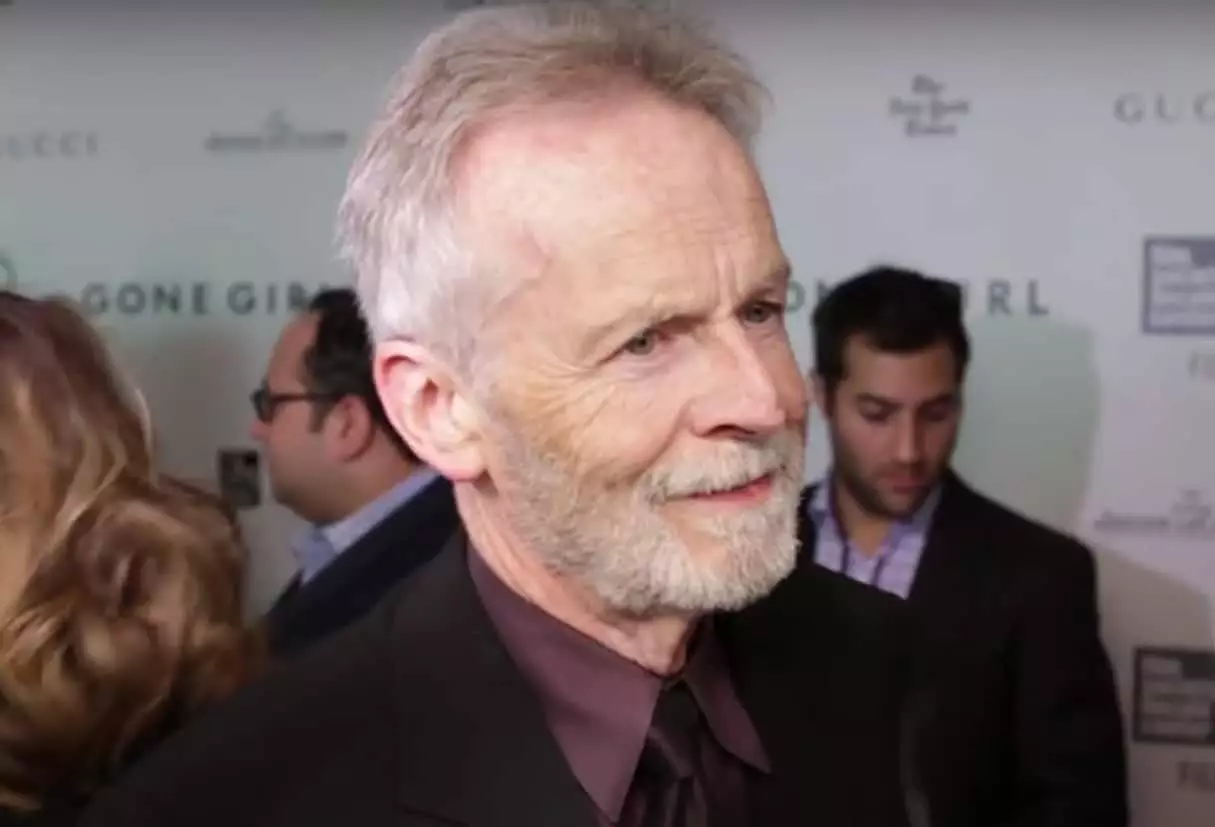In an insightful conversation at a recent movie convention, veteran actor David Clennon shared his reflections on legendary figure Muhammad Ali during the promotion of the 1977 film “The Greatest.” As a notable actor in his own right, known for his roles in “The Thing,” “Gone Girl,” and “The Right Stuff,” Clennon’s personal experiences and opinions provide invaluable context for our understanding of both the film and Ali’s profound impact on society. At 81 years old, Clennon vividly recalls his interactions with Ali as they navigated the complexities of an era marked by upheaval and protest, primarily surrounding the Vietnam War.
In “The Greatest,” Muhammad Ali portrayed himself, capturing a unique authenticity that is often lost in biographical films. The film chronicles poignant moments from Ali’s life, including his iconic refusal to serve in the Vietnam War—a stand that would cost him three years of his boxing career. Within this narrative, Clennon played a significant role in a draft refusal scene, symbolizing the broader struggle against the war and the fight for social justice. Clennon recalls taking Ali by the arm and leading him away from a pivotal moment, a scene that resonates not just within the context of the film but reflects the personal struggles of many individuals at the time.
Clennon expressed a deep admiration for Ali’s bravery, noting the personal risks that Ali faced in making such a radical statement against the draft. As a young actor, Clennon identified with Ali on a personal level, having also opposed the Vietnam War himself. He articulated how vital it was for a globally recognized icon like Ali to take a stand: “It was such a big thing for us like-minded people…to have such a hugely famous and instantly recognizable person on our side.” Ali’s rebellion not only inspired millions but also offered a sense of validation to those who questioned the very fabric of an unjust conflict.
The actor’s experiences with Ali shed light on the heavyweight champion’s off-camera persona, revealing a man who was humble, gracious, and deeply invested in the camaraderie of his fellow cast and crew members. Clennon reminisces about Ali’s approachability, commenting that he “had no big ego.” These insights offer a stark contrast to the often larger-than-life image of the boxer, emphasizing Ali’s relatability and warmth. Despite facing tremendous adversity, Ali maintained an optimistic and light-hearted demeanor, frequently entertaining everyone around him.
When asked about the legacy of “The Greatest” compared to the multitude of films and documentaries surrounding Ali, Clennon expresses his unabashed belief in its supremacy. “I may be biased,” he laughs, acknowledging his vested interest, “but I think the movie we did in the 1970s is the best Ali film.” His pride in the project stems not only from Ali’s participation but also from the ensemble cast featuring Hollywood heavyweights like Ernest Borgnine, Robert Duvall, and James Earl Jones, all contributing to a rich portrayal of Ali’s life.
While Clennon acknowledges Will Smith’s acclaimed performance in the 2001 film “Ali,” he emphasizes the unparalleled experience of watching the legend play himself. This distinction speaks to a crucial aspect of biopics: the authenticity that only a personal performance can provide. “You have the man himself,” Clennon insists, highlighting the raw emotion and depth present in the film that continues to resonate with audiences today.
Beyond boxing, Ali’s influence transcended the realm of sports, encapsulating the essence of what it means to stand up for one’s beliefs. He became an emblem of courage during tumultuous times and a beacon of hope for those advocating for change. Clennon encapsulates this sentiment by acknowledging that Ali sparked conversation and stirred opinion, regardless of one’s feelings toward boxing: “He was such a gigantic figure.”
In reflecting on Ali’s legacy, it is clear that both his triumphs and trials continue to inspire new generations. The memories shared by David Clennon provide a unique look at a man who not only changed the face of boxing but also the fabric of American society, solidifying his position as a timeless icon.

